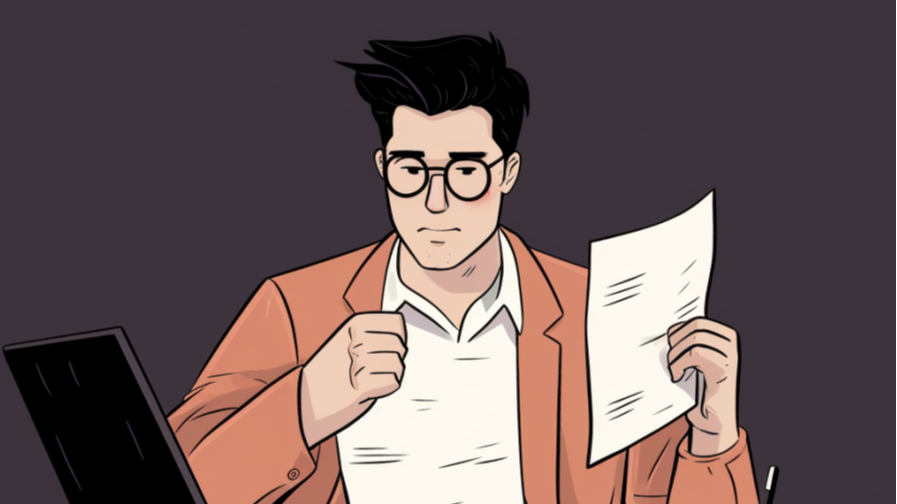Creditors and Subordination: Understanding Priority When Closing Your Business


When closing your business, paying your creditors is a necessary step. However if you have limited funds, which creditor do you pay first and what order do you pay the others in?
Subordination determines the order of priority among your company’s creditors and it is crucial that you understand the concept as you wind down your company, whether it is a sole proprietorship, partnership, LLC, or corporation.
Definition of Subordination
Subordination is a legal principle that places one debt ahead of another in priority. The creditors with the highest priority must be paid first when closing your business.
The Different Types of Creditors
When you are winding down your company, you need to pay your creditors as part of the process. If you have limited funds though, it’s crucial that you pay your creditors in the correct order. Here is the order of subordination you need to follow.
1. Secured Creditors
Secured creditors are the highest ranking creditors. Often this is a bank, but it can be any creditor that has secured a debt with a piece of property or collateral. If the debt is not repaid, the collateral becomes the property of the creditor. It’s important to note that if you sell the collateral as part of your close out, you must use it to pay that creditor.
A secured creditor can be a bank, credit card, or investor, but the key is that the funds you received are tied to an asset that the creditor can seize if you do not repay the funds.
If a piece of collateral has two liens placed on it, the first lienholder (the senior creditor) takes priority over the second lienholder (the junior creditor).
2. Unsecured Creditors
Unsecured creditors provide loans or credit without collateral. These include vendors, bondholders, and some banks.
Preferred unsecured creditors are those that are given priority by law. Employees who are owed wages are usually first in line. Then the IRS is a close second. Anyone who has won a lawsuit against your company is also considered a preferred creditor.
Non-preferred creditors often include vendors and suppliers as well as other providers of services your business used.
3. Equity Holders
If your business is a corporation, your shareholders are next in line. If there are any funds left, they are paid after all the other creditors are repaid. Preferred stockholders have priority over common stock owners. If your company is an LLC, members receive any funds left as well.
Options for Paying Creditors
The order above is the order in which your creditors will take priority if you have to file for bankruptcy. However, if you are not able to repay all of your debt, bankruptcy is not your only option. You can negotiate with your creditors and get them to agree to accept a percent of what you owe. If your company does not have enough assets to cover its debts, creditors are likely to get pennies on the dollar in bankruptcy, particularly if they are unsecured creditors. Therefore they are open to negotiation.
If you are closing your business, paying off your debt is just one of the steps you must take to legally wind down your business. SimpleClosure handles the process for you, so you can be certain every detail is handled correctly. Get more information today.
FAQs
What is subordinated debt?
Subordination refers to the order in which debt must be paid when a business closes. A subordination agreement places one lienholder in priority before another lienholder for debt repayment that is secured by a specific piece of collateral.
What is the priority of creditors?
Creditors with a secured interest in collateral have top priority. Unsecured creditors then follow, with preferred unsecured creditors next in line, followed by non-preferred unsecured creditors. Equity holders such as shareholders are last in line.
How does subordinated debt affect closure of a business?
Subordination simply sets the order in which you must pay certain creditors when you are closing a business.